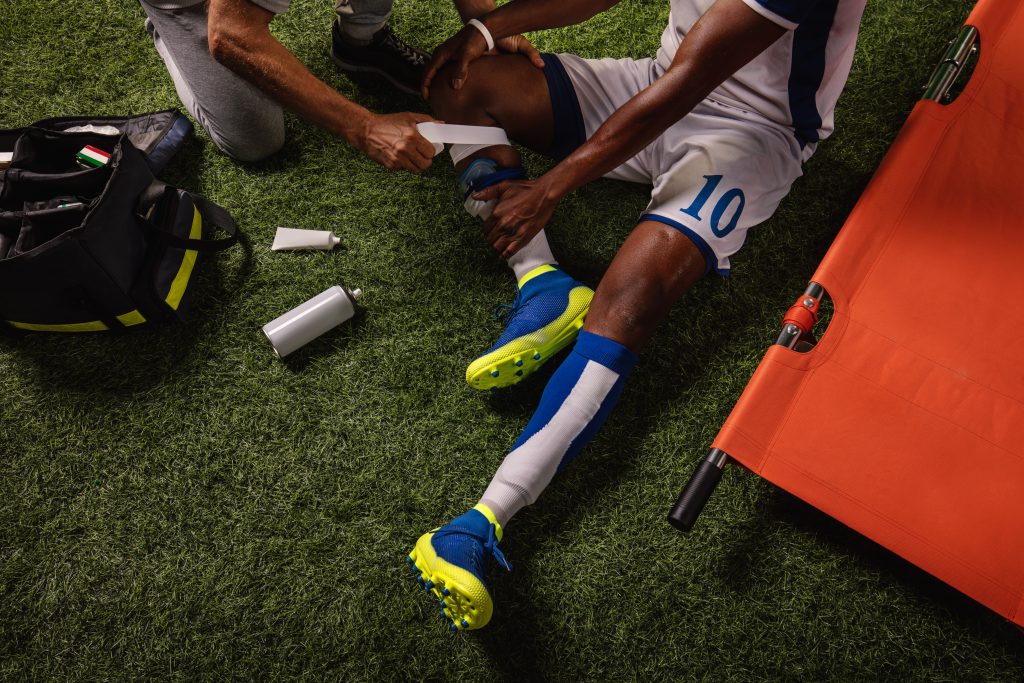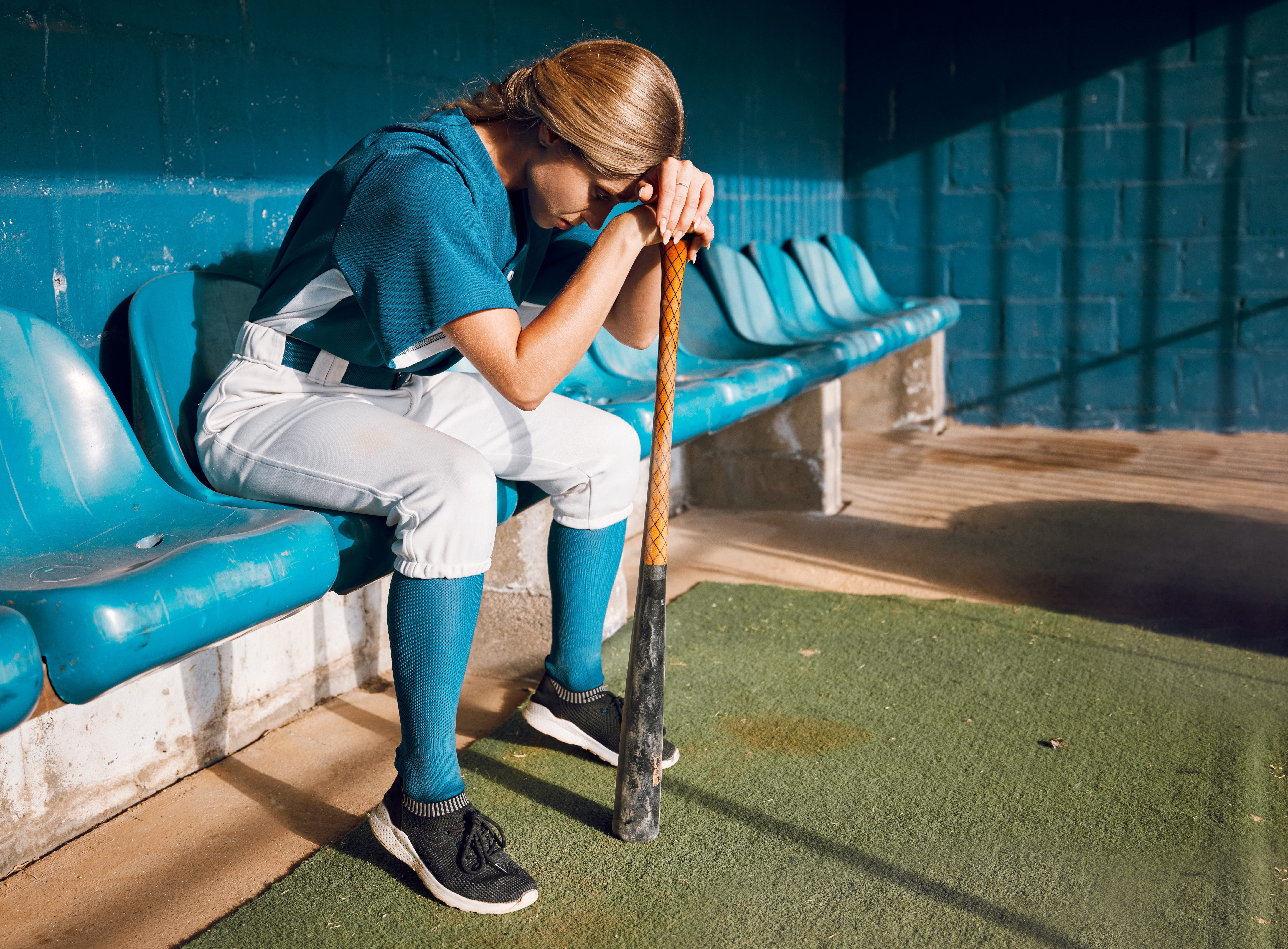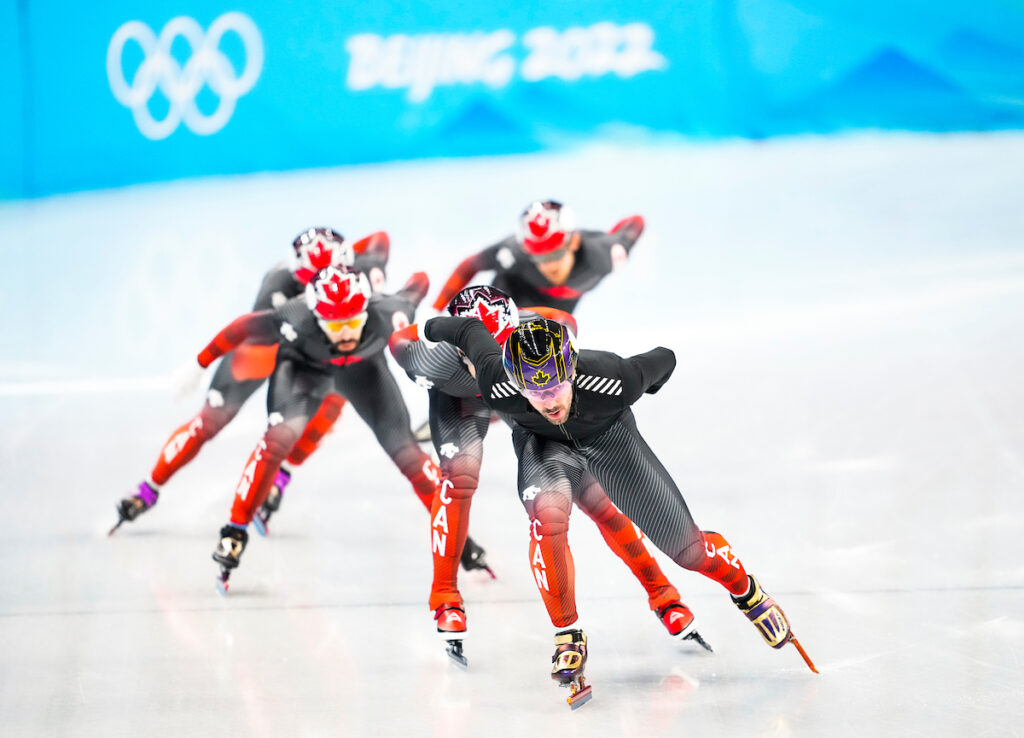Seeking care after a concussion
Referring an athlete to a medical professional is a critical first step in concussion recovery. Research shows that athletes who get medical care in the first few days following a concussion recover sooner than those who wait more than ten days to seek care. If you think an athlete has sustained a concussion, encourage them…
Flourishing student-athletes
Researchers have found that athletes who were identified as “flourishing” or maintaining wellbeing in university sport did so through managing commitments, communicating with coaches, looking for positives, reflection, and taking a break from sport. These results are strategies that may help promote and protect mental health among student-athletes.
The implementation of a sport-based, trauma-sensitive, youth development program in a national community organization

Project summary Community organizations can adopt sport-based, trauma-sensitive, youth development programming to support underserved youth who face high risk of traumatic exposure. These programs involve leaders who create safe environments, recognize and respond to youth’s trauma-related distress, and promote youth’s healing and resilience-building. In partnership with BGC Canada, a national non-profit community organization that serves…
Supporting injured athletes and their team: How to use a group dynamics model to protect social cohesion

When helping an athlete recover from injury, it is common for those in supporting roles (such as, coaches, practitioners or parents and guardians) to separate the needs of the injured athlete from the larger team. This makes sense, considering the athlete is dealing with the physical, emotional and psychological effects of rehabilitation (Clement et coll.,…
Sport participation among adolescents with a history of child maltreatment

Project summary The prevalence of child maltreatment is overwhelming: a third of the Canadian population has endured at least one form of child maltreatment (Afifi et al., 2014). This includes sexual, physical, and emotional abuse, exposure to inter-parental violence, and neglect (WHO, 2016). Considering the deleterious and long-lasting consequences of child maltreatment (Dion et al.,…
In-season mental health management
In the middle of an academic year and a busy sport season, student-athletes may find it difficult to cope with the demands on their time and pressure to perform. One way that student-athletes can work to maintain their mental health is to look for positives. In other words, identify the good that things that can…
Access to sport mental health resources
According to 4-time Olympian and mental health advocate Clara Hughes, “[mental health] resources need to be more readily available and clearly laid out as to what they are, where they are and how to access them.” To address this gap, the Mental Health Strategy for High Performance Sport in Canada aims to equip sport participants,…
Mental health supports for NSOs
You don’t necessarily need a sport-specific mental health strategy or specialized staff to make an impact in the mental health space. Consistently and frequently communicating to athletes, coaches and support staff what mental health supports are available at no cost or subsidized cost, such as Game Plan or Lifeworks, is an easy and cheap place…
Taking a person-first approach to high performance sport in Canada

Highlights Over the course of 2022, athletes and supporters have consistently raised concerns about maltreatment and lack of transparency in the Canadian sport sector In this SIRCuit article, Teddy Katz explores athlete concerns, as well as changes being made within Canadian sport to move towards a “person-first” system Katz spoke to Olympians, mental health experts…
Changing the narrative around concussions
Narratives around concussions can influence athletes’ concussion-reporting behaviours. While performance narratives like “play through the pain” promote concussion underreporting, safety narratives like “it will be better for you in the long run” promote concussion reporting. Coaches and organizations can encourage concussion reporting by shifting concussion messaging to focus on the importance of reporting for athletes’…